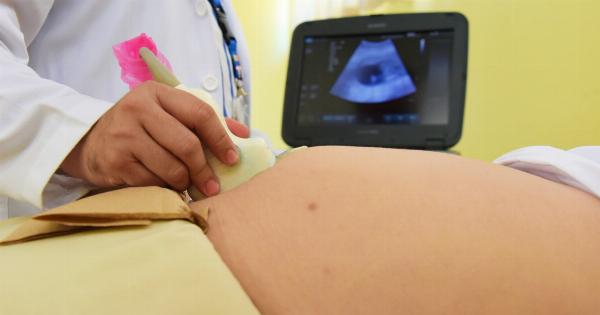Gastroenteritis, commonly known as stomach flu, is a condition that causes inflammation of the stomach and intestines, leading to symptoms such as vomiting, diarrhea, nausea, abdominal cramps, and sometimes fever.
The condition is usually caused by viral or bacterial infections or contaminated food or water. In this article, we will look at what to expect when dealing with gastroenteritis and how to manage the symptoms.
Symptoms of Gastroenteritis
The symptoms of gastroenteritis can vary in severity, depending on the cause. The most common symptoms include:.
- Vomiting
- Diarrhea
- Nausea
- Abdominal cramps or pain
- Fever
- Loss of appetite
- Dehydration
In most cases, the symptoms last for 1-3 days and resolve on their own. However, in some cases, the symptoms may persist for a week or more.
Causes of Gastroenteritis
Gastroenteritis is typically caused by a viral or bacterial infection, or by consuming contaminated food or water. The most common viruses that cause gastroenteritis are:.
- Norovirus
- Rotavirus
- Adenovirus
- Astrovirus
The most common bacteria that cause gastroenteritis are:.
- Salmonella
- Campylobacter
- Shigella
- Escherichia coli (E. coli)
Other factors that can cause gastroenteritis include parasites, certain medications, and certain medical conditions.
Treatment for Gastroenteritis
In most cases, gastroenteritis is a self-limiting condition, which means that it resolves on its own without treatment. However, there are some steps that you can take to manage the symptoms and speed up your recovery. These include:.
- Stay hydrated: Drink plenty of fluids, such as water, juice, and soup, to replace the fluids lost through vomiting and diarrhea. Avoid drinks that can worsen your symptoms, such as caffeine and alcohol.
- Rest: Get plenty of rest to help your body recover.
- Keep food simple: Start with bland foods, such as bread, crackers, and rice, and gradually introduce more solid foods as your symptoms improve. Avoid fatty, spicy, and fried foods, as well as dairy products.
- Take over-the-counter medications: Over-the-counter medications, such as antidiarrheals and antiemetics, can help relieve your symptoms. However, it is important to read the instructions carefully and not to exceed the recommended dosage.
If your symptoms are severe or persist for more than a few days, you should seek medical attention. Your doctor may prescribe antibiotics or other medications, depending on the cause of your gastroenteritis.
Prevention of Gastroenteritis
There are some measures that you can take to prevent gastroenteritis from occurring:.
- Practice good hygiene: Wash your hands frequently with soap and water, especially before eating and after using the bathroom. Use hand sanitizer if soap and water are not available.
- Clean and disinfect surfaces: Clean and disinfect surfaces that are frequently touched, such as door handles and countertops.
- Avoid contaminated food and water: Avoid eating raw or undercooked meat, eggs, and seafood, as well as unpasteurized dairy products. Drink only bottled or boiled water when traveling to areas with poor sanitation.
- Get vaccinated: Get vaccinated against viruses that can cause gastroenteritis, such as rotavirus and norovirus, if you are at increased risk of infection.
When to See a Doctor
If your symptoms are severe or persist for more than a few days, you should seek medical attention. You should also see a doctor if you have any of the following symptoms:.
- Blood in your vomit or stool
- Signs of dehydration, such as dry mouth and throat, dark urine, and fatigue
- High fever (above 101.5 F)
- Persistent vomiting or diarrhea
- Severe abdominal pain or cramping
Conclusion
Gastroenteritis can cause a lot of discomfort, but in most cases, it is a self-limiting condition that resolves on its own.
However, it is important to stay hydrated and take steps to manage the symptoms, such as getting plenty of rest, eating simple foods, and taking over-the-counter medications. If your symptoms are severe or persist for more than a few days, you should seek medical attention. By practicing good hygiene, avoiding contaminated food and water, and getting vaccinated, you can also reduce your risk of developing gastroenteritis.































